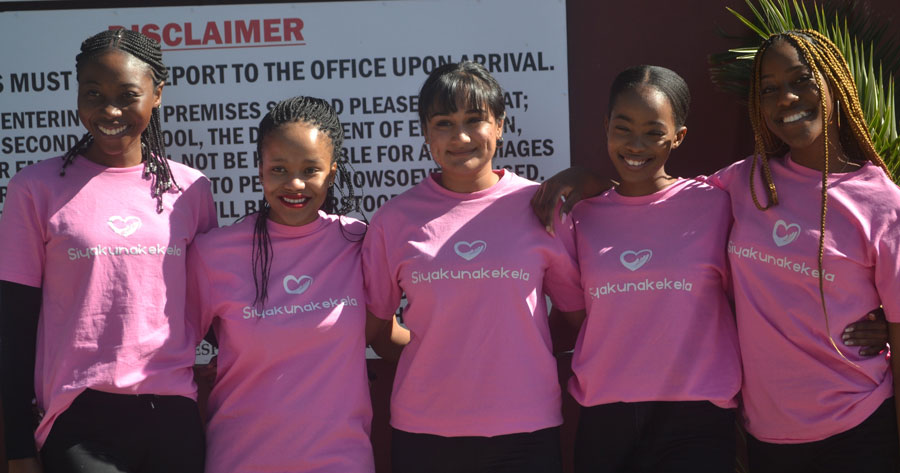We have to be honest about a very serious issue
Loss of education, lack of affordable sanitary products, poor toilet hygiene in schools – the list of period poverty hardships goes on, and is the dire reality for many young South African women. Sadly, that’s only one side of the story. The other is the social stigma, bullying, and ridicule these girls face every month from the opposite sex – often far more damaging, isolating, and tougher to deal with than the physical challenges.
This is an issue deeply embedded in aspects of South African male culture. It doesn’t always come from a cruel place or a deliberately mean-spirited heart, but more from heavy societal expectations placed on men – expectations they themselves struggle to live up to. Being pressured to provide for family when there are no jobs to be had; having little or no education; trying to measure up to masculine stereotypes instilled since birth. All of this can breed a lack of empathy, understanding, and respect for the women around them.
Education and mentoring are key to cultural shift
The change begins by instilling emotional values in boys from a young age. Working with them to build empathy and understanding for their female counterparts. Teaching them to see girls as allies, not adversaries; to remember their own mothers, sisters, cousins, and friends – and recognise that menstruation is not a weakness, but a normal part of life.
Siyakunakekela mentors these young men directly – speaking in their schools, in their communities, and within safe spaces where they can ask questions and confront stigma without fear. We teach them the truth about menstruation, break down the harmful myths, and give them the tools to challenge harassment when they see it. It’s not just about helping them help us to lose the stigma – it’s about shaping them into respected members of the community.

Our work includes:
Explaining what exactly a girl experiences each month
from the physical symptoms to the social pressures and criticism from their peers for not being able to participate in simple actives – and why understanding this is essential.
Creating role models
boys who lead with empathy, respect, courage and a better understanding of the reality of period poverty.
Linking respect for women with true manhood
showing that strength comes from protection, not ridicule.
5 ways boys can end the social stigma of period poverty
- Give space, not isolation – If a girl is on her period, allow her breathing room if she needs it, but don’t exclude her from activities or conversations. Inclusion matters.
- Be the protector and educator – If you see another boy harassing a girl because of her period (or for any reason), step in. Be firm, bold, and confident. Remove the boy from the situation, explain why it’s wrong, and educate him.
- Earn respect by showing respect – Be patient, supportive, and courteous to girls at all times. Real respect is consistent, not selective.
- Become an ambassador – Be proud to speak up about period poverty. Show that you’re willing to challenge old attitudes and stand for what’s right.
- Educate your circle – Share the facts about period poverty with your friends and family. Ignorance fuels stigma; knowledge dismantles it.



